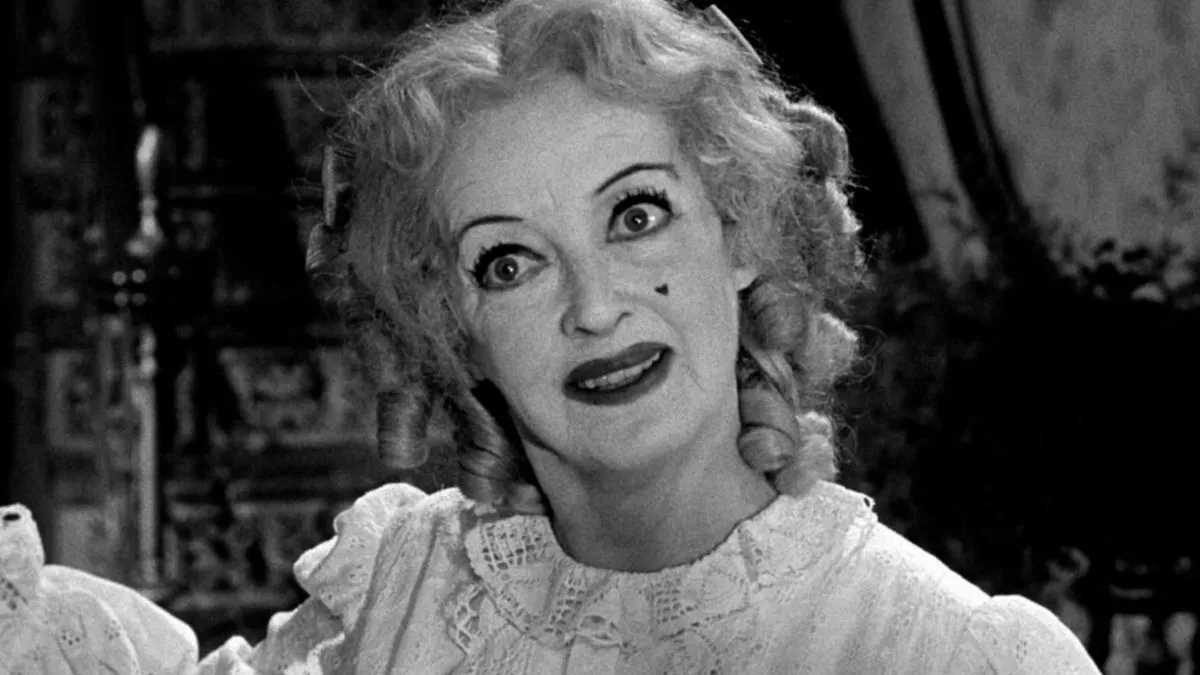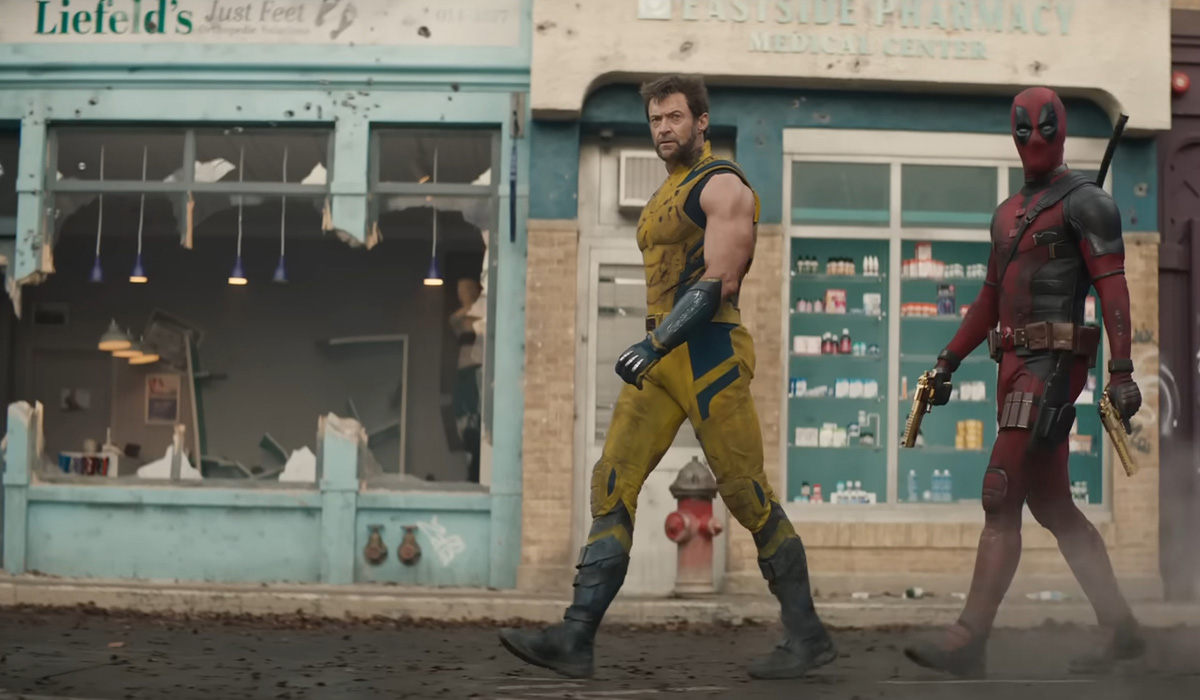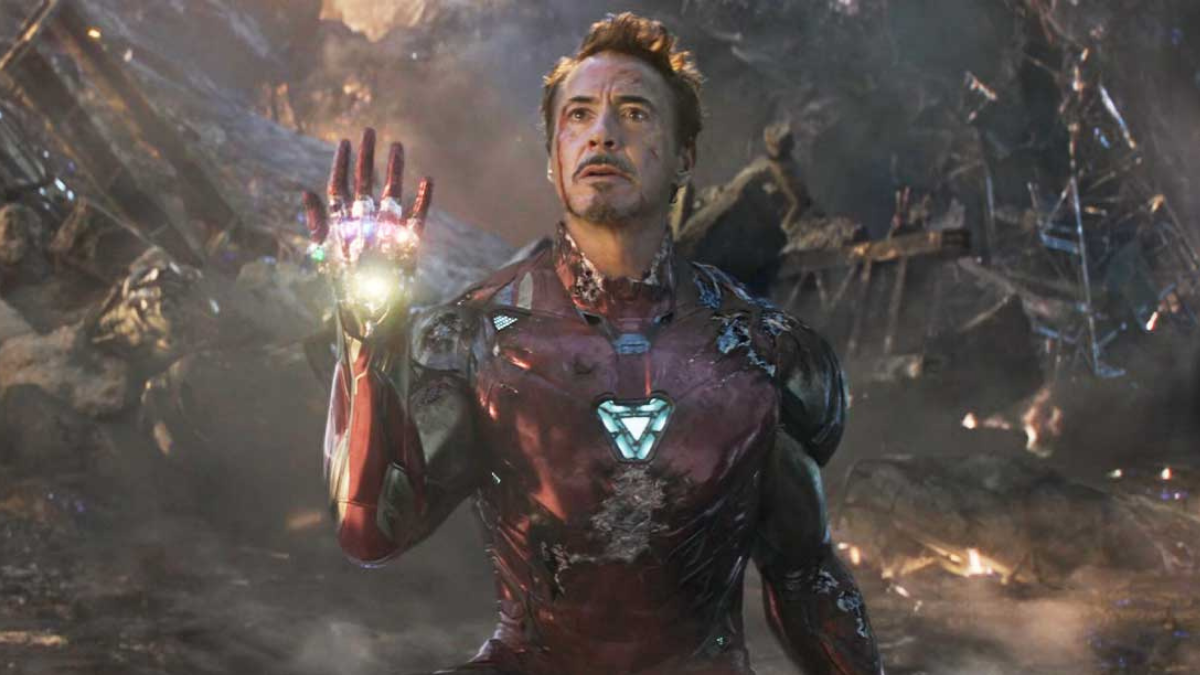Tim Story’s Shaft clashes the blaxploitation pulse of the franchise with generational grievances, an international drug ring, and a pair of cooped-up romances. It’s quite a U-turn for the leather duster-bearing detective, and while the case slid across his desk feels as if it’s been opened before, the domestication of New York’s coolest cat makes the vigilante’s shoot-first, never-ask-a-question approach more palatable than ever before.
But at what cost? Written by Alex Barnow and Black-ish creator Kenya Barris, the film’s taming effort coincides with many people’s – and ironically, a lot of the characters’ – impression of the modern times: frail. Back in 2000, John Singleton’s rough-around-the-edges adventure saw the murder of a black youth at the hands of a racist socialite played by Christian Bale. In an act of total injustice, the case was tossed aside by the courts, and John Shaft (Samuel L. Jackson) decided to pick it back up on his own. While that film may have had its kinks, at the very least, it screamed something worth hearing.
This time, however, the cause is more personal than political, and the ramifications are based within something we didn’t know had existed: Shaft’s sensibility. Starting off on the streets of 1989 Harlem, the private investigator’s receiving an earful from Maya (Regina Hall), his main squeeze, over his irresponsible and dangerous lifestyle. On cue, the bullets of lurking hitmen start flying, and it isn’t until the danger has been quickly extinguished that we learn there was a third person listening in on their conversation: a twinkle-eyed baby.
Catapulted into the present day by a montage of political, historical, and family events – check-pointed by increasingly inappropriate presents from distant father to son – we meet J.J. (John Jr., played by Jessie T. Usher), a preppy type raised solely and politely by his mother away from the city. The apple hasn’t fallen too far from the tree, at least in occupation, as the young man takes his MIT degree and turns it into an analyst job over at the FBI.
At nearly every angle, J.J.’s the flop to his father’s flip. Clean, kind, classy, he hates the n-word – not to mention Jackson’s signature swear – and respects the woman he adores (Alexandra Shipp as a sweet-faced nurse) so much that the friend zone’s not something worth complaining about. When the two men eventually join forces – brought on by the suspicious overdose of J.J.’s convincingly reformed best friend (Avan Jogia) – the clattering and the bickering are both humorous and appropriately awkward, as father and son play their first game of catch…the killer.
Most of the movie’s dedicated to Shaft’s babysitting role on the hard streets of Harlem, but the script’s total adherence to this relationship and its cultural gaps noticeably takes precedence over the features of the case. There’s an oddly-named rehab organization, a grocery store laundering scheme, and a silly, cigar-smoking baddie behind it all. The twist behind this pimp is that he’s the one who sent those hitmen back in ‘89. Shaft’s been on his tail ever since, but can’t, for some reason, explain that to J.J., who inevitably feels used. Perhaps clarification isn’t macho enough, at least for Jackson’s character, whose definition and embodiment of manhood’s outdated in the face of the younger man’s charm.
It seems a lot of this film’s purpose is to redeem the more obsolete characteristics of the franchise – perhaps for future installments down the line. Most notably, the devotion to the namesake also opens up the door for the women, whose role in the franchise has been, up until this point, well, down on a bed. Hall and Shipp are given equally quick and funny lines, and the leashes they hold over their men, especially in Hall’s case, draw out another side of the male characters they’d never let loose.
But despite these varying roles, Jr.’s millennial status and the constant jabs directed towards it, this Shaft continues to incorporate, mostly through Jackson, the obligatory elements of black exploitation: big cars, big leather jackets, cigars, guns, drugs, booze, babes, you get the picture. We even get a couple of nice nods to the 1971 original (but only a remix of Isaac Hayes’ Oscar-winning theme unfortunately), including a rope-swinging venture, as well as, of course, a cameo performance by the first black private dick himself, Richard Roundtree. And once the veteran actor joins the party, the multi-generational posse that storms out is among the coolest images of the year.
Is Shaft a great movie? Hardly. Each of its predecessors have their own particular strength, but from a filmmaking perspective, this one’s certainly the best of the bunch. Story’s action scenes are well-crafted, and convincingly reprises the 70-year-old Jackson, whose boisterous personality brings an unaltered authority to every one of his roles, as one of Hollywood’s baddest mother– shut yo’ mouth! Too bad their efforts aren’t directed towards a more worthwhile threat.






